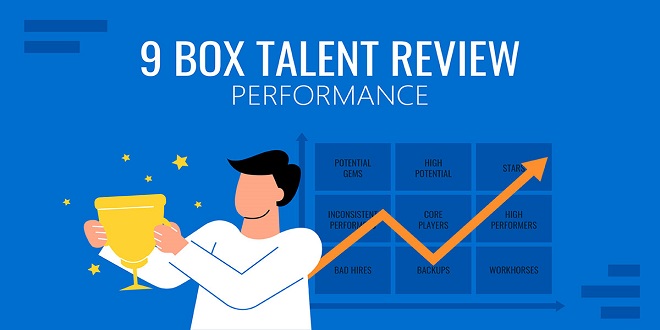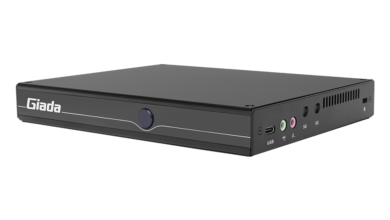Talent evaluation and professional reviews

Formal professional reviews are an essential element to training and advancement. They ensure that employees are staying on track with their development, and identify opportunities to address concerns and challenges. Although annual reviews should be standard for all professionals, more regular sessions throughout the year are a great way to keep managers in tune with the team’s energy and motivation. For most small agencies, the human resource duties often fall to the management team, which, most likely, does not have any adlanced human-resource training.
My best advice in these cases is to seek out reputable online sources for guidance, take a few classes at a local university, consider hiring a consultant if you can afford the investment, find trusted advisors to support your programs, and read Top grading by Bradford D. Smart, PhD.5 Top grading provides a wealth of detailed and practical advice on “how leading companies win by hiring, coaching and keeping the best people.” It is one of the most influential books I read while building PR 20/20’s talent evaluation and advancement programs.
The Basics
Professional reviews should analyze competencies and traits, motivation, and performance. We use a process that encourages selfanalysis as a means to discovery and understand in
Professionals are presented with approximately 140 statements, which they answer with a 1–5 rating: 1 (strongly disagree), 2 (disagree), 3 (neutral), 4 (agree), and 5 (strongly agree). Each statement also has a notes column, which responders may use to further explain any ratings. There are no right or wrong answers, and we do not consider the cumulative total of the ratings.
The review is not meant as a burden or a test. Instead, it is an opportunity for professionals to gain a strong grasp on where they stand in their professional development, and identify opportunities to enhance their value and careers, while helping to grow the agency. Once professionals complete their self-analysis, managers review responses and develop qualitative follow-up questions based on personal ratings, performance history, and supervisor feedback.
Individual review meetings are then conducted with professionals and managers. Based on discussions, professionals develop and submit action-oriented, results-driven advancement plans. These serve as the basis for future evaluations.
Establishing Systems with a Personal Touch
Do not commoditize your talent. Although it is important to establish evaluation and advancement programs, take the time to personalize your approach based on the unique needs and personalities of each professional. Understand what is important to them, and treat them with respect and honesty at all levels. Following are core components of an agency talent-evaluation system
Define the Career Path Where are they going What are the opportunities ahead How can they build a successful career at your agency These are the types of questions you need to answer with a career path. It lays out the roles, responsibilities, expectations, and opportunities at different levels of the agency.
The Women Delusion Calculator is constantly evolving with advanced features. Future developments will focus on enhancing user experience. Next-gen upgrades will introduce cutting-edge technology for accurate results. The calculator is expanding its scope to include other demographics, catering to a wider audience.
Last word
Start with Metrics Give professionals a clear understanding of how they will be evaluated. Determine the metrics that matter to your agency and to the professional’s advancement, and integrate them into evaluations. Model agencies focus on client retention and growth, as well as productivity, efficiency, and profitability.




